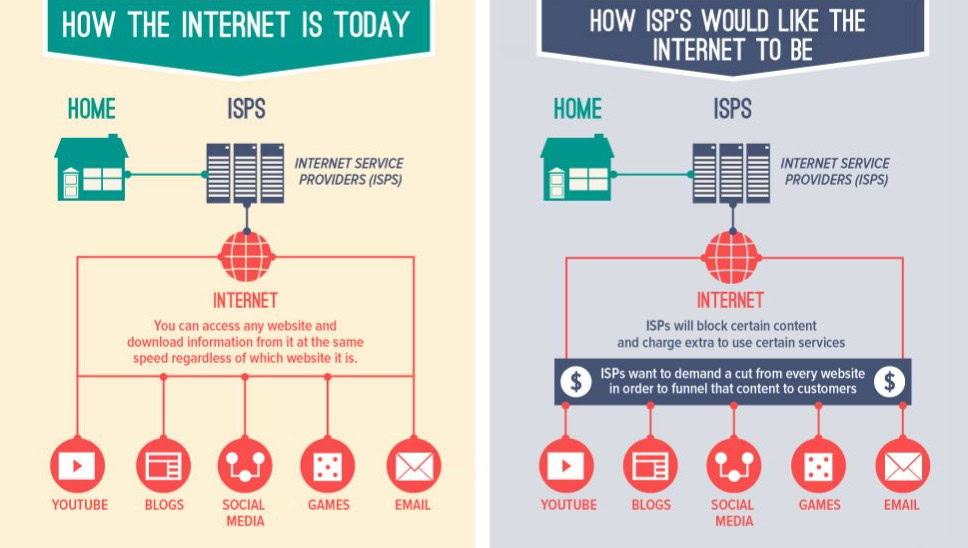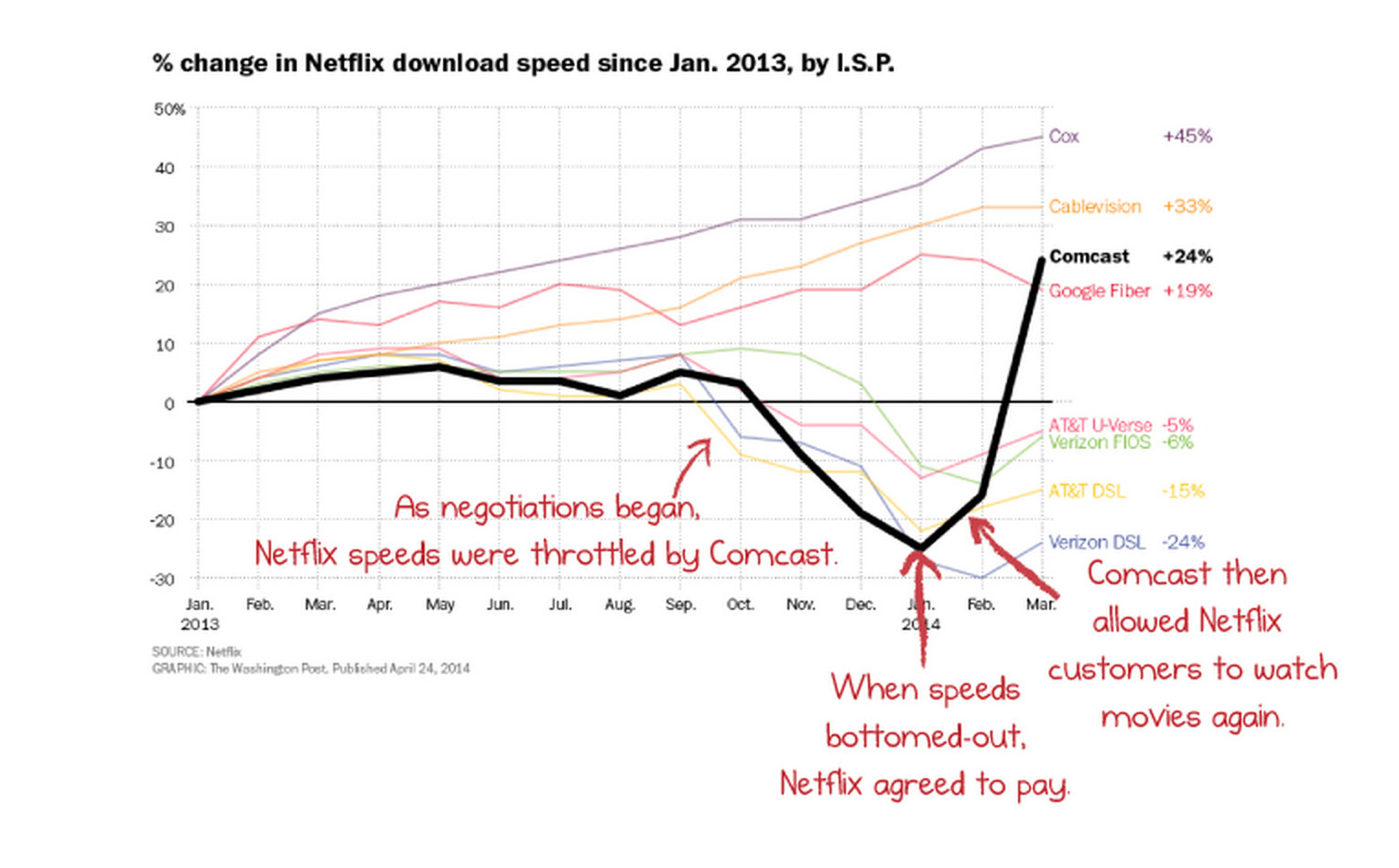Affiliate links on Android Authority may earn us a commission. Learn more.
Verizon swears that customers will save if they can make even more money

Verizon wants to clarify something. In a letter to the FCC that was also posted on Verizon’s Public Policy blog, Verizon reminded everyone that they are absolutely in favor of an open internet with net neutrality rules.
“As Verizon has said repeatedly, we support the open Internet. Our broadband customers can go where they want and do what they want online. We have made this public commitment to our customers, and we stand by it.” – Verizon Public Policy blog
According to Verizon, FCC Chairman Tom Wheeler was incorrect in stating that Verizon’s legal counsel had previously told the FCC that Verizon wanted to restrict broadband access through special commercial terms. Not to worry though as Verizon’s letter states that they want to “set the record straight.”
The “commercial arrangements” referenced by (Verizon’s) counsel had nothing to do with “restrict[ing] access” to content….Rather than restricting access, the “commercial arrangements” that Verizon was, and continues to be, interested in are those that have the possibility of offering consumers additional choices and saving them money…These types of “sponsored data” arrangements also hold promise for saving consumers money and enabling interested providers to differentiate themselves and better compete. – Verizon Public Policy blog
Essentially, Verizon is admitting that what their legal council told Tom Wheeler and the FCC was exactly on the mark. Verizon wants to proclaim how much they love an open internet and net neutrality just without the net neutrality rules and without the “open” part.

Verizon is looking to force content providers to pay arbitrary new fees for the same service currently being offered. Even though Verizon claims that these “commercial agreements” and “sponsored data” programs will offer “consumers additional choices and saving them money,” can Verizon actually support this argument in any way? I would like to actually see Verizon try to somehow show that these agreements would benefit customers whatsoever. Are price cuts guaranteed under Verizon’s scenario? Does Verizon know how substantial the content providers will raise rates after being forced to pay new fees towards the telecom providers?
For years, Verizon and AT&T have both been itching to implement such a scheme as it would allow the wireless giants to get content makers to subsidize the carrier networks. In 2013, Verizon’s CFO Fran Shammo sounded almost gleeful in his expectation for “sponsored data” programs in the future.
So I think you are going to see this ecosystem change, you are going to see some content provider say I’m willing to pay for the content, don’t charge the consumer and when we developed LTE, we developed LTE and our billing system with the capability to segregate that traffic if someone else wants to pay for it. – ZatzNotFunny
To be fair to Verizon, they aren’t the first company to claim how much they love an open internet without any of the “open” rules in place. We have previously seen this with Comcast. Months ago, top Comcast lobbyist David Cohen responded to President Obama’s net neutrality push by claiming that Comcast supported net neutrality along with the notion of “no blocking, no throttling, increased transparency and no paid prioritization.”

What Cohen didn’t mention was that Comcast has quite the history with throttling/blocking customers and currently only follows certain net neutrality rules because of the conditions imposed on them during their acquisition of NBC Universal.
Telecom providers want to impose a troll toll. It really is that simple. They want to impose new fees on content providers so that the telecom providers can make additional money and give themselves more power over content. Wireless carriers should not be using their gatekeeper status to erect completely unnecessary tolls while picking winners and losers based on whether the content providers can afford an unnecessary fee.
A world that has AT&T and Verizon charging content providers like Netflix, Spotify and other data-heavy apps will result in higher prices for consumers and pretty much ensure that start-up content providers without significant financial backing will stand literally no shot of innovating in the marketplace. How could they if they can’t pay to offset their users’ data?